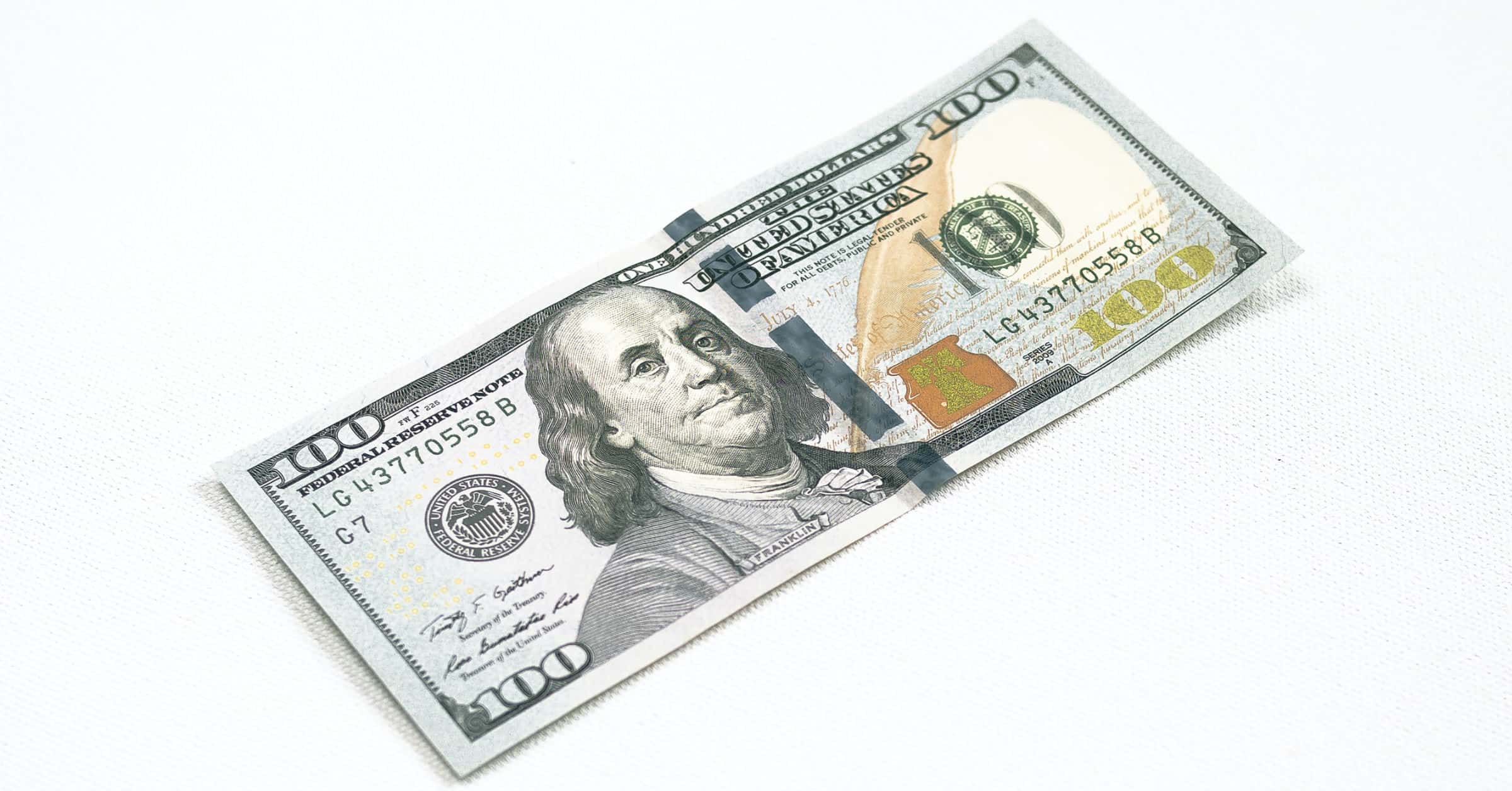You can always count on change occurring in life. First, a pandemic that intrudes in all aspects of our world and, second, the federal government creating responses to the environmental changes. Many Americans will receive, or may have already received, additional economic stimulus payments in the amount of $1,400. Congress has an interesting approach to naming legislation and this most recent law is no different – The American Rescue Plan Act of 2021.
To receive the full amount of stimulus payment, individuals in the U.S. must have a Social Security Number and report adjusted gross income on their 2021 income tax return of $75,000 or less. If the adjusted gross income is higher than $75,000 but less than $80,000, the recipient will retain a portion of the $1,400. In other words, if you report $80,000 or more on your income tax return for 2021, you will be required to repay, through a lower refund amount, the advanced stimulus payment.
One of the changes for this round of stimulus payment is those who qualify for the funds. Unlike previous stimulus payments in 2020, the current stimulus funds are available to individuals, children and non-child dependents. For example, a family of four would receive a total stimulus payment of $5,600. This is helpful for families that are suffering from the effects of COVID-19 but, as my dad would always warn, “nothing in life is free”. The total cost of The American Rescue Plan Act is $1.9 trillion. As of the date of this writing, the United States of America owed more than $28 trillion to its bondholders and other creditors. This debt equates to $85,000 per citizen and $224,000 per taxpayer!
How do we repay such a debt burden? Well, I have good news and bad news. Let’s start with the good news. Individuals who are age 50 or older may not see a significant change in their share of the indebtedness or reduction in their lifestyle due to draconian income tax rates imposed on their earnings. The bad news is that our children and grandchildren will be carrying a heavy burden during their lifetimes to pay for our current overspending.
But, wait, there are other means of resolving our colossal debt balance. One of the most painful would be to cut government spending. Have you ever been given something and had it taken away once you were getting comfortable with its benefits? Not much fun. Cost cutting is one of the most effective yet politically costly methods of resolving our national debt.
Another painful method to resolving the debt crisis (and that is what we have) is to increase tax rates on taxpayers’ income. At one point in the history of our country, to fund World War II, the top marginal rate for income tax was 94%. I am not advocating we return to such a drastic increase in taxes but paying taxes is a price for living in a civilized society.
Perhaps the most convenient, and difficult, method of paying off the national debt is empowering our economy to grow at a faster rate. There were decades in the United States that our country’s growth rate would average 3% annually. What would happen to our country if we could double our growth rate to 6% for a 5-year period? Full employment and taxes rolling in to the U.S. Treasury at a much higher volume would provide the resources for liquidating the national debt.
To fairly apply these potential pain points, to all citizens, equitably is the most difficult task of any elected official. If we consider the opportunities that we could offer our future citizens by paying off our debt and investing that portion of our annual budget in the areas of technology, infrastructure and job creation that improve quality of life, we could truly increase the lifestyle of all citizens.
Now that you understand “free” stimulus isn’t actually free, how do you feel? My goal was not to bring about negative feelings but rather for all of us to fully acknowledge that my wise, old dad was correct – “there are no free lunches in life, someone is paying for it”.







